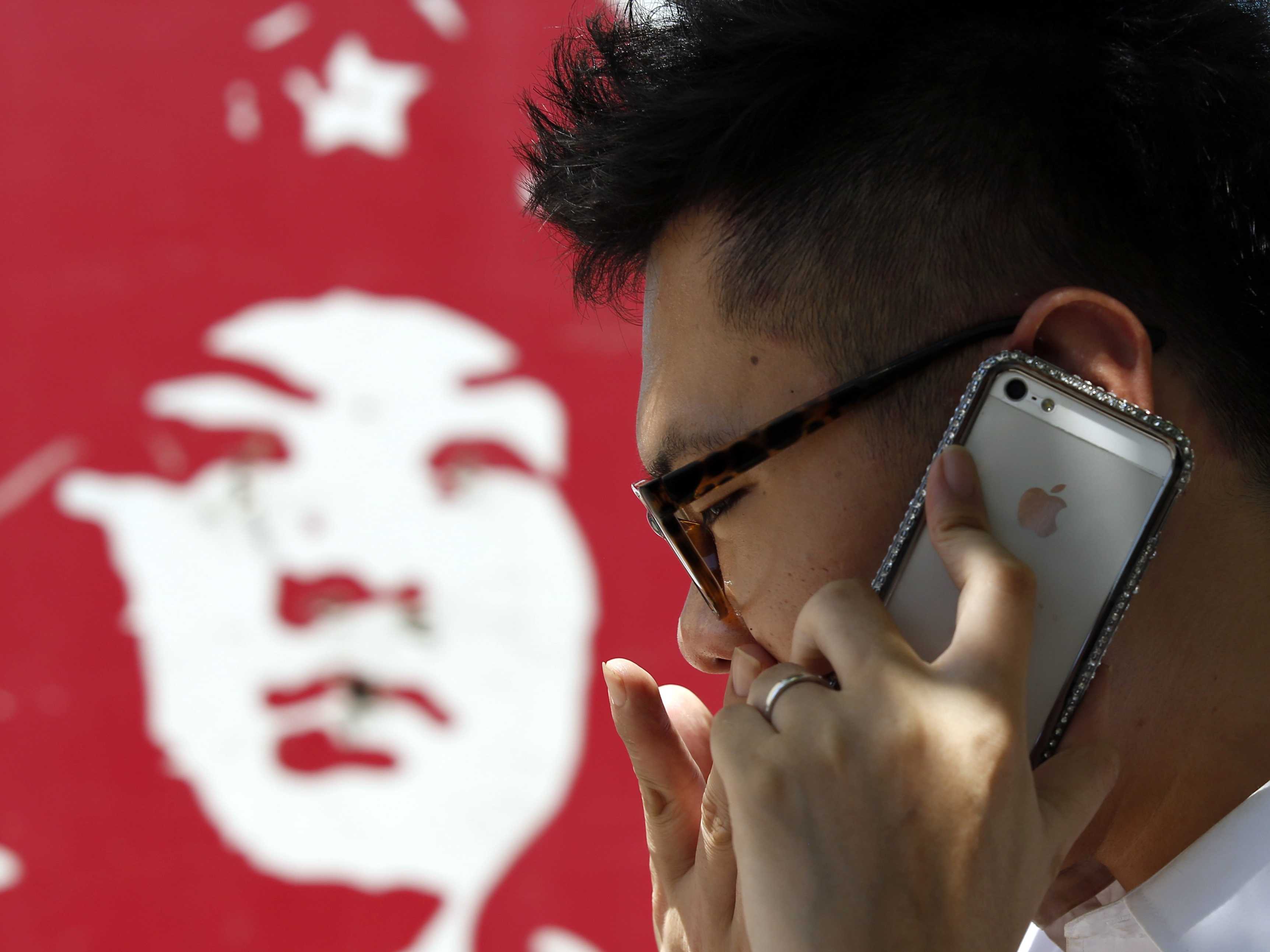China and Apple have risen to new heights simultaneously, and that’s not completely a coincidence. Steve Jobs’ products were manufactured in Foxconn factories and sold for prices that would have been impossible had they been made in a more developed country like, say, America. While the Chinese couldn’t afford the products initially and settled for knockoffs, during the Tim Cook era they’ve embraced the genuine iPhone with both hands.
Apple’s recent announcement that it would invest $1 billion in a Chinese ride-hailing company may have seemed odd on the surface, but down below it was an investment in driverless, Chinese markets and, ultimately, markets all over the world. Whether the wager pays off is years from being known, but it is an informed gamble.
From Brian Fung at the Washington Post:
Apple’s backing of the ride-hailing company makes sense for a host of reasons. The blossoming partnership could insulate the U.S. tech giant from a global slowdown in iPhone sales. It may lead to even greater visibility for Apple in China, something it has spent years pursuing even as the country has frustrated other foreign tech companies. And the deal could help Apple understand how to build better online services, an area where the company has had mixed success but is increasingly exploring with ventures such as Apple Pay and Apple Music. (Besides, the vast majority of Apple’s $233 billion in cash and securities is parked overseas. Investing that money in the United States would come with a hefty tax bill.)
Through the deal, Apple is expected to gain access to highly valuable data on the 11 million trips a day made through Didi. That information will be immensely useful, not only for Apple’s traditional business selling phones and computers in China, but also for its attempts to design a vehicle that could someday appeal to drivers around the world, analysts say.
“This valuable data is critical to all manufacturers interested in developing a fully autonomous future,” said Tony Lim, an analyst at Kelley Blue Book. “The learnings from China can be applied here in the U.S. and other industrialized nations.”•

